When it comes to protecting your prized possessions—whether it’s your rugged RV, sleek sports car, or beloved boat—a vehicle cover is like armor for your investments. These often-overlooked accessories serve as your vehicle’s first line of defense against the elements, keeping them in pristine condition for your next adventure. But before you make a purchase, it’s essential to understand the factors involved in choosing the right vehicle cover. Let’s set sail on a journey to uncover the ultimate guide to vehicle covers!
Why Every Vehicle Needs a Shield
Vehicles face a variety of threats from both natural and man-made sources, regardless of whether they are stored indoors or outdoors. A high-quality cover acts as a barrier, providing multiple layers of protection.
Weather Defense
- Sun Damage: Continuous exposure to ultraviolet (UV) rays can cause paint to fade, interiors to crack, and surfaces to weaken. UV-resistant covers block these harmful effects.
- Rain and Snow: Moisture can lead to rust, corrosion, and water damage. Waterproof or water-resistant covers prevent water from seeping through.
- Wind and Debris: High winds can carry dust, leaves, and small debris that can scratch or dent unprotected surfaces.
Environmental Protection
- Bird Droppings and Tree Sap: These substances can be acidic and difficult to clean, causing permanent damage if not addressed quickly.
- Dust and Dirt: Even vehicles stored in garages can accumulate dust, which can scratch paint when wiped away.
Security and Privacy
- Theft Deterrence: A covered vehicle is less visible and less likely to attract attention from thieves. Some covers even include lockable features for added security.
- Privacy: Covers obscure your vehicle’s condition and contents, making it less likely to draw unwanted attention.
Pest Prevention
- Insects and Rodents: Covers can keep pests from entering or nesting in your vehicle, especially during long-term storage.
What to Look for in a Vehicle Cover
Choosing the right vehicle cover is more than just picking one off the shelf—it’s about finding the perfect blend of protection, convenience, and value for your specific needs. With countless options available, understanding what you need to know before buying a vehicle cover will help you make an informed decision. Here’s a detailed guide to what you should look for in a vehicle cover:
Material Quality: The Foundation of Protection
The fabric of your vehicle cover is its most critical component. It determines how well the cover performs against the elements and how long it lasts.
- Durability: Look for materials that are resistant to tearing, abrasion, and wear over time. Multi-layered fabrics, such as polyester blends or high-density non-woven materials, often offer better strength and longevity. A durable cover ensures you don’t have to replace it frequently.
- Breathability: While waterproofing is important, breathability is equally essential to prevent moisture from being trapped underneath the cover. Trapped moisture can lead to rust, mold, and mildew, especially in humid environments. Materials with microporous membranes allow air circulation while keeping water out.
Fit and Size: Custom vs. Universal
The way a cover fits your vehicle is crucial for its effectiveness.
- Custom Fit: These custom covers are specifically designed for the make and model of your vehicle. They contour to its exact shape, providing comprehensive protection and minimizing the risk of gaps that could let in debris or water. While they tend to be more expensive, the snug fit ensures optimal coverage and performance.
- Universal Fit: Universal covers are a more budget-friendly option. They are designed to fit a range of vehicle sizes and shapes, but the looser fit can lead to areas of exposure, flapping in the wind, or difficulty staying secure during storms. These are best for short-term or indoor use.
Pro Tip: Always measure your vehicle, including any additional features like roof racks, mirrors, or antennas, to ensure the best fit.
Weather Resistance: Designed for the Elements
The climate where you store your vehicle plays a significant role in determining the type of cover you need.
- Waterproof vs. Water-Resistant: Waterproof covers are ideal for areas with heavy rain or snow. They offer a complete barrier against water penetration. However, ensure they are breathable to avoid condensation buildup.
Water-resistant covers provide some level of protection but may allow minimal water seepage under extreme conditions. These are better suited for mild climates.
- UV Resistance: In sunny areas, prolonged exposure to UV rays can fade paint and degrade materials. UV-resistant covers protect your vehicle from these damaging effects. Look for covers with reflective coatings for added sun protection.
Pro Tip: For extreme climates, consider covers with multi-layered protection that combines waterproofing, UV resistance, and durability.
Convenience is Key: Simplify Your Experience
A vehicle cover is only helpful if it’s easy to use. If it’s cumbersome or time-consuming to put on and take off, you might find yourself skipping it altogether.
- Lightweight Materials: Lightweight covers are easier to handle, especially for daily use. They’re also quicker to fold and store.
- Secure Features: Elastic hems, tie-down straps, and grommets are your best friends when it comes to how to keep vehicle covers from blowing off in the wind. These features including adjustable straps ensure a snug, secure fit, even during strong gusts, and prevent the cover from shifting or flapping.
- Access Features: Some covers include zippered sections or panels that let you access doors or storage areas without removing the entire cover. This is particularly useful for RVs or boats.
Budget: Balancing Cost and Quality
While it’s tempting to go for the cheapest option, investing in a high-quality cover often saves you money in the long run by reducing maintenance, repair, and replacement costs.
- Custom-Fit Covers: Although more expensive upfront, they provide better protection, reducing potential damage that might otherwise result in costly repairs.
- Affordable Alternatives: Universal-fit covers are suitable for those on a tighter budget or for temporary use, but they may not offer the same level of protection.
Pro Tip: Consider the value a cover adds in terms of preserving your vehicle’s condition and resale value. Spending a bit more on a durable, high-performance cover can pay off significantly over time.
Vehicle-Specific Cover Options
Every type of vehicle has unique needs when it comes to protection. Custom-fit covers for RVs and boats are tailored to your specific vehicle, ensuring maximum effectiveness and providing the best defense against the elements.
RV Covers: Protecting Your Home on Wheels
Best RV covers for winter protection are essential, as RVs endure more exposure to the elements than most vehicles, often parked outdoors for extended periods. A quality RV cover offers:
- UV and Water Resistance: Prevent sun damage and water intrusion that can weaken the exterior and roof.
- Ventilation Panels: Allow air to circulate and reduce the risk of mold and mildew.
- Custom Fits: Accommodate slide-outs, air conditioning units, and ladders.
Boat Covers: Shielding Your Aquatic Adventures
Boats face unique challenges due to prolonged exposure to water, salt, and sunlight. A proper boat cover should include:
- Marine-Grade Materials: Durable fabrics resistant to UV rays, mildew, and salt corrosion.
- Reinforced Seams: Ensure durability against high winds and heavy use.
- Tight Securing Options: Use tie-down straps and elastic hems to secure your boat cover during travel and even in storms.
- Boat Seat Covers: Don’t forget to protect your boat’s seats! These boat seat cover shield your seats from sun damage, spills, and dirt, keeping them looking fresh and new.
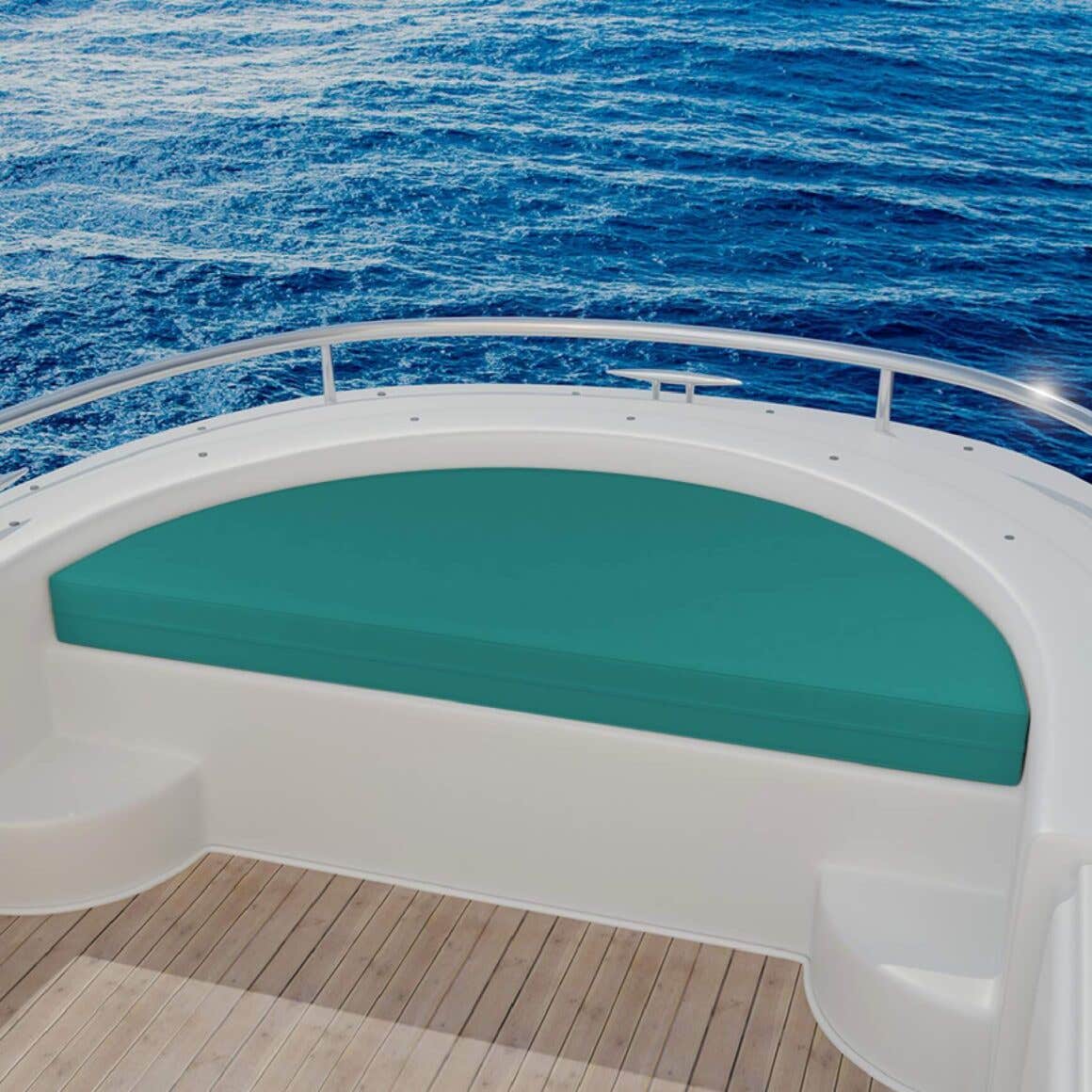
- Boat Center Console Covers: These specialized covers protect your boat’s console from the elements and preserve its condition and functionality for longer use.
Car Covers: Everyday Versatility
Cars are exposed to a variety of environments, from city streets to suburban driveways. Car covers are available in two main types:
- Indoor Covers: Designed to prevent dust accumulation and minor scratches in garages.
- Outdoor Covers: Engineered to protect your RVs and boats from sun, rain damage, and debris. Look for options with multi-layered materials for enhanced durability.
Motorcycle Covers: Compact but Crucial
Motorcycles may be smaller but require just as much protection. Key features include:
- Weatherproof Materials: Shield against rain, UV rays, and wind.
- Compact Portability: Lightweight covers for easy transport and storage.
- Heat-Resistant Panels: Allow coverage immediately after riding without risk of damage.
Maintenance Tips for Vehicle (Boat and RV) Covers
To keep your boat and RV covers in top condition, regular maintenance is key. Here are a few simple tips:
- Clean Regularly: Wash your cover with mild soap and water to remove dirt, salt, and debris. Avoid harsh chemicals that can damage the fabric.
- Dry Thoroughly: Always let your cover dry completely before storing it to prevent mold or mildew buildup.
- Check for Tears: Inspect your cover periodically for any rips or damage. Repair small tears immediately to prevent further damage.
- Store Properly: When not in use, store your cover in a dry, cool place. Avoid folding it too tightly, as this can damage the material over time.
Ready to protect your investment? Whether it’s your RV, boat, or car, the right vehicle covers including outdoor boat motor covers makes all the difference in keeping it in top shape. From weatherproofing to UV resistance, the options are endless. Don’t wait for the next storm—shop today and find the perfect cover tailored to your needs. Your vehicle will thank you for it!




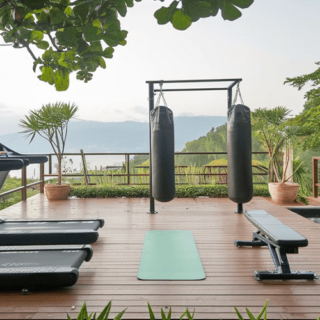

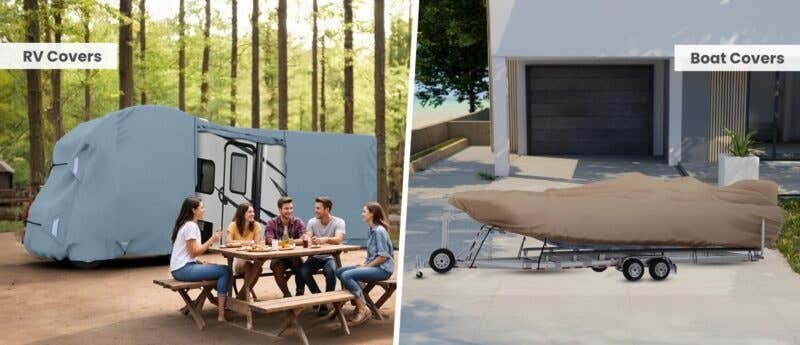
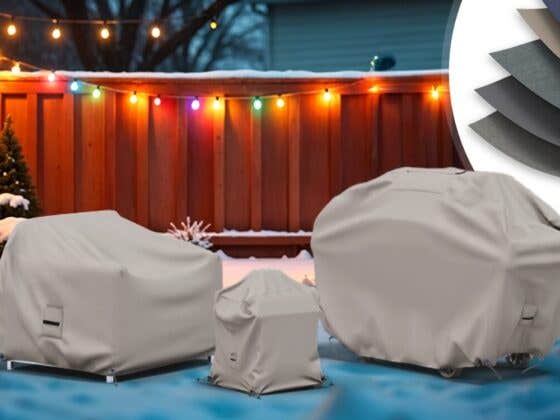
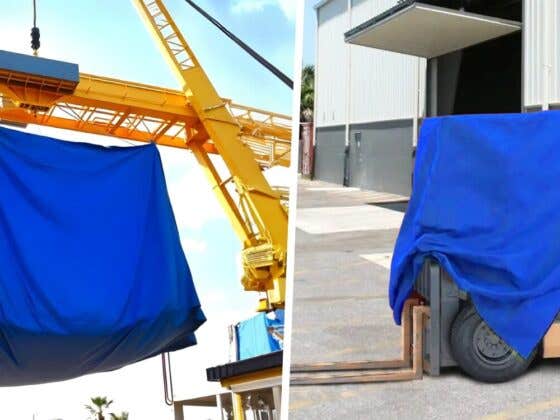
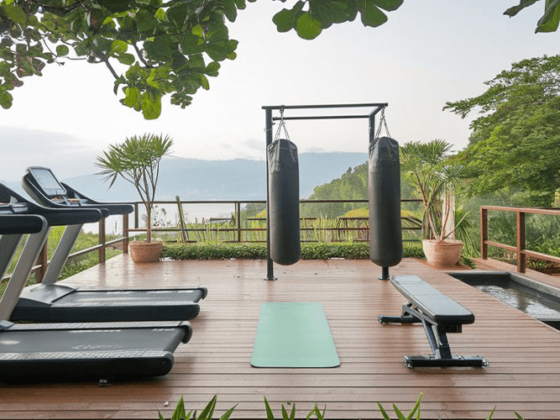
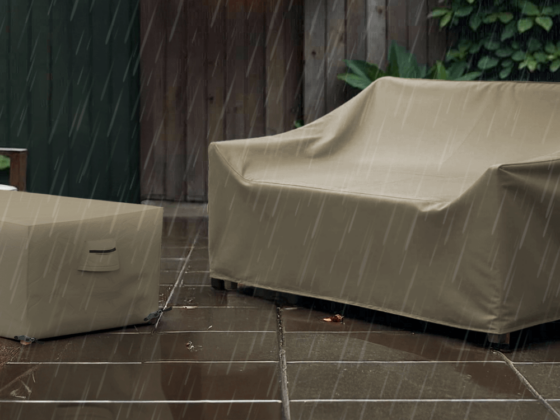
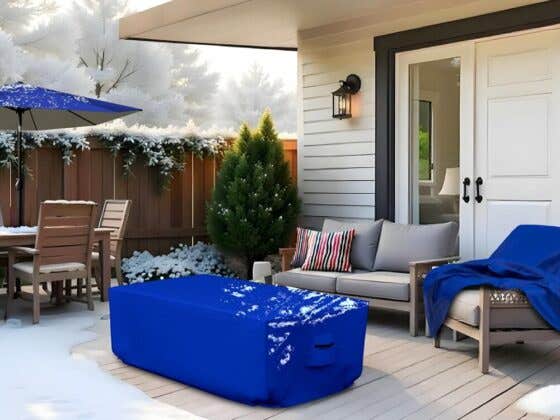
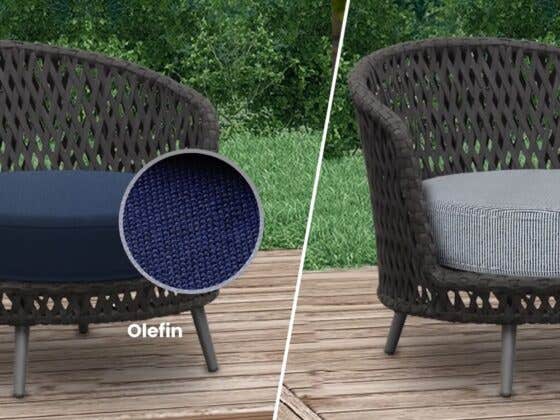
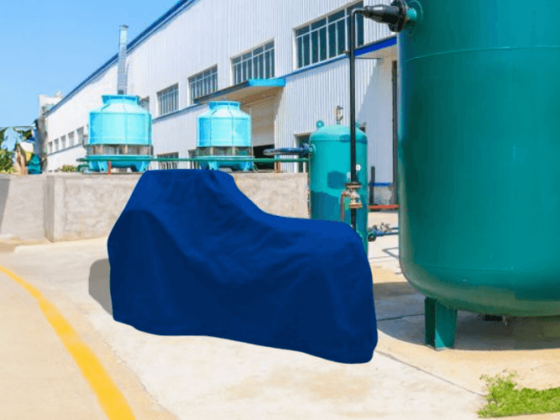
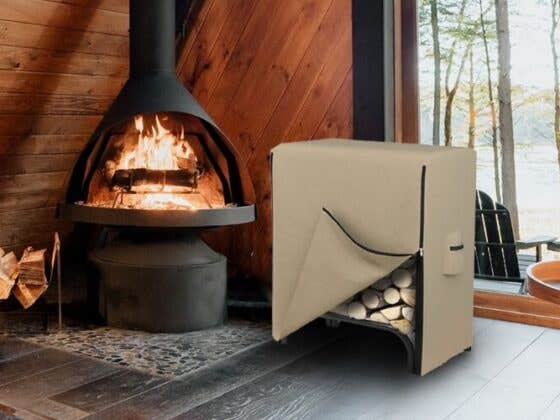
Recent Comments